Hello Gentle Entities and Noshable Nemeses!
Personally, while visiting the plane where Hipsters of the Coast is headquartered, I find that July 5th is a day for post-gathering clean up and the composition of thank you notes to recent hosts. However it is also Tynwald Day! The Isle of Man strikes me as such a lovely location to raise a clutch of dragonettes.
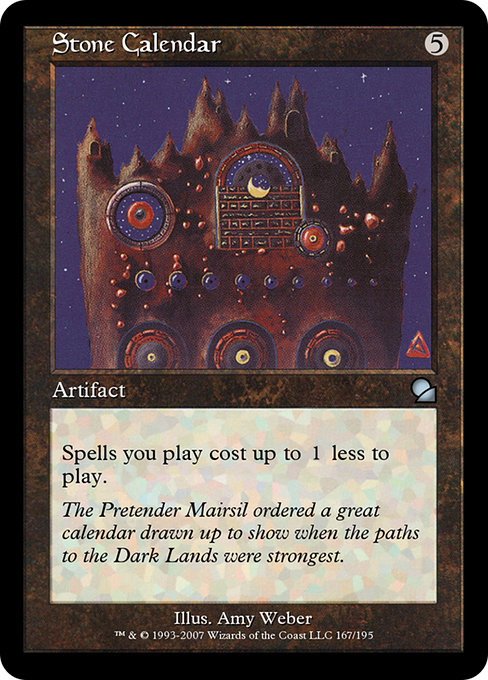
This lovely liminal space spends July 5 in joyous celebration of legislation. It warms the cockles of my little Azourious aligned six chambered heart!
As this is our 26th column, we at Mizz Mizzet’s School for Complicated Lifeforms would like to remind you that we answer between 1-3 letters from our interrogative entities across the multiverse each week.
This week we shall focus on a single question involving the etiquette of offering advice.
If you missed our initial column, you may peruse it at your leisure at this location.
Content Warnings
Mizz Mizzet’s Guide to Magical Manners is pleased to provide Content Warnings, given that solving bad behavior often means describing bad behavior.
Dear Mizz Mizzet:
I know you wrote about “Good Game” but I was wondering about proper etiquette if I’m the one who won. Sometimes I see people comment on the behavior of winners as if they are too distant or too excited. And sometimes I feel like at my LGS people are actually looking like they are tense or angry even though they’ve won. I’m doing pretty well but if I start trying to compete for organized events I don’t want to fall into offending someone or being a source of gossip. Are there guidelines?
Farseeker
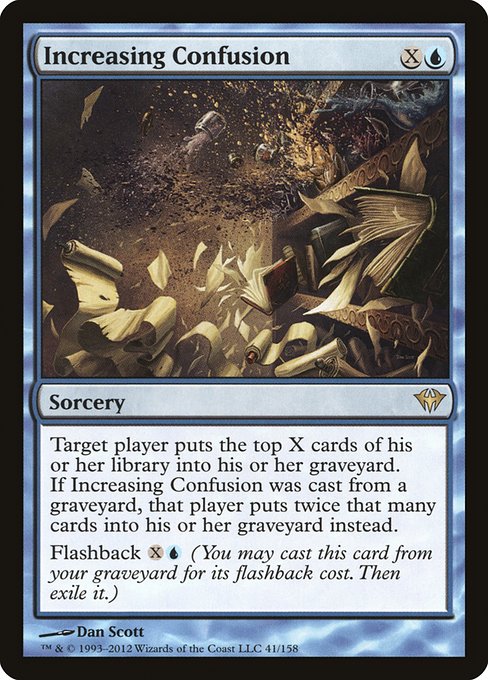
Dear Farseeker:
It is one of the facts of a competitive environment with a rules set that games may end in a draw, however if they do not there will be a winner and a loser. The higher the stakes or the professionalism of the game the more “fire” or “fight” is considered desirable in a competitor. The second the outcome of the contest is determined, that high level of intensity is expected to flick off like a switch and gracious behavior is expected from both the winning and the losing side.
This is not unreasonable. The rules of sportsmanship and rituals that enable resolution from the state of the contest to the world outside the contest are a continuing example of the skill, control and ability of a player. “Authenticity “ is less important than proper behavior in this situation.
The stakes are different for other games, practice games, kitchen table games (which might still be very competitive). It is not surprising that the term “duel” is used for a game of Magic. Duels have rules and honor and comportment matters. Unfortunately even at the design level “dueling” is frequently looked at as something that can only happen in hostility rather than tests or contests of skill between friends and associates. The reality is that those we are dueling with are most often members of our friends, family and community. Being a “good” winner is a valuable skill and being a “sore winner”can affect your ability to play in your community.
There are several ways to win a game of Magic:
- The most common is to reduce your opponent’s life to zero or less life.
- Alternative win conditions include:
- A player must draw a card from their library but there are no cards for them to draw. They lose the game.
- A player has 10 poison counters. They lose the game
- A commander player has 21 or more damage total from a single commander. They lose the game.
- A player has a unique board states that meets the conditions described by cards on the board which allow them to win the game.
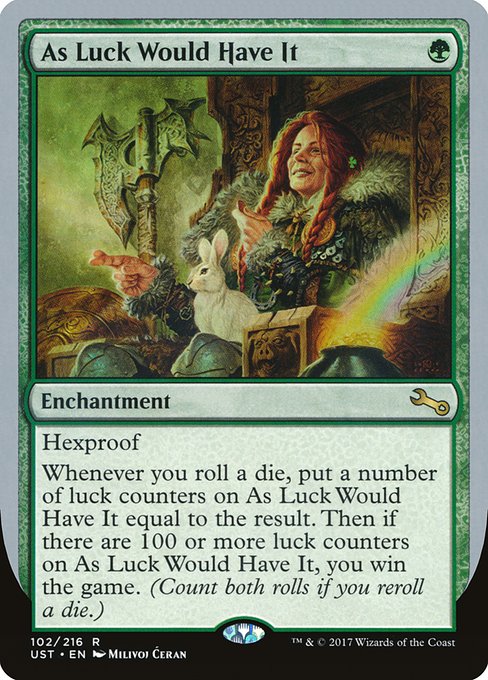 .
.
There are 43 cards that describe specific alternative ways to win the game.
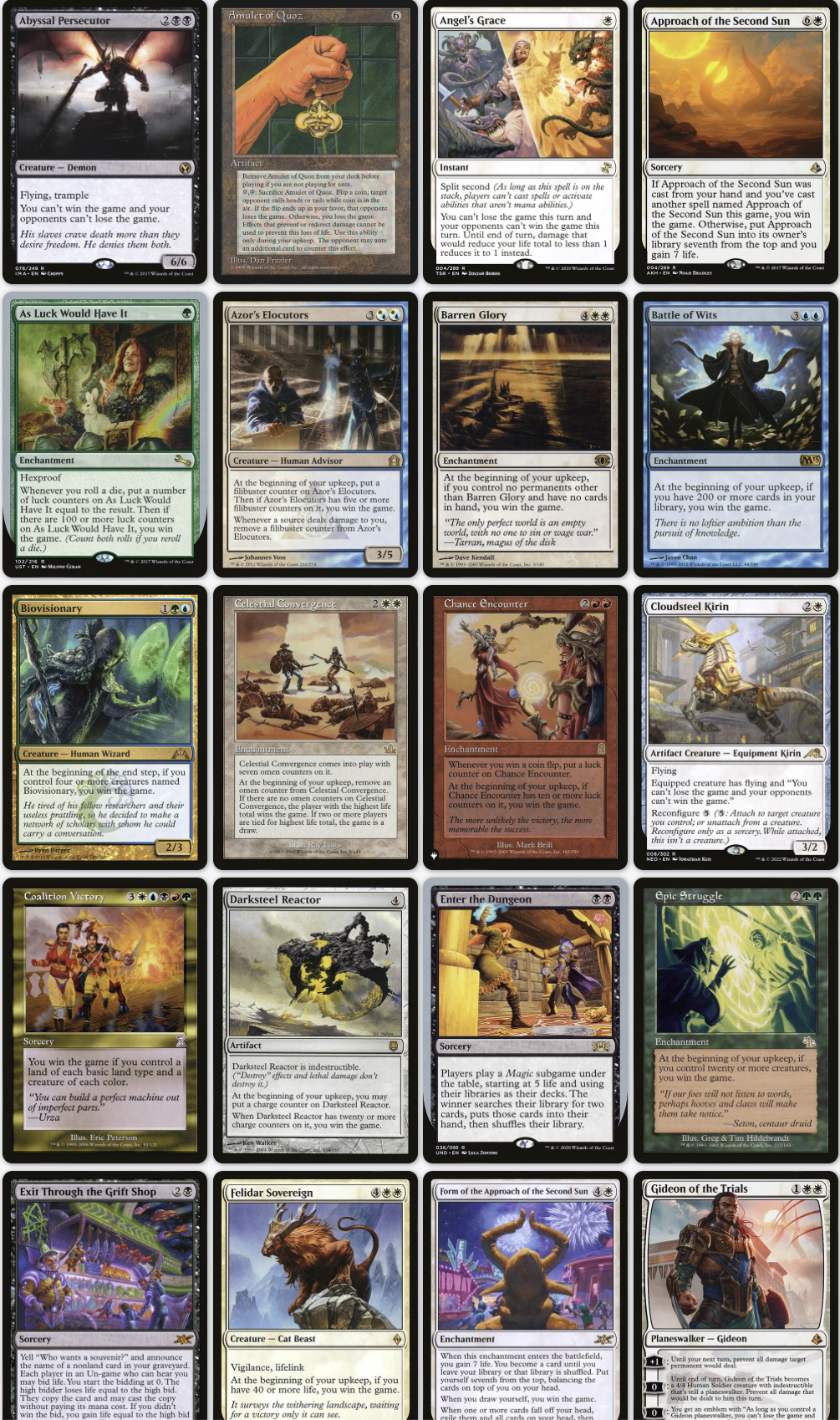
These are just a few….
The universal etiquette is simple. As the final spells and damage resolve and a winner is declared, all parties make sure that they fully agree on the outcome and then it is the role of the winner to thank their opponent for the opportunity to play. “Good game” is a “shortcut” for that interaction in exactly the same way that tapping someone’s deck instead of shuffling it is a shortcut in play.
If you are uncomfortable with “good game” or you have heard your fellow Planeswalker complain about the use of the term, you can simply use the long form of what it’s shortcutting.
“Thank you for the game.” That is polite and avoids misapplied discourse.
Would you like to be a gracious winner? That requires attention and respect to your opponent. Thank them and highlight a moment of play where they did something you felt you needed to rise to. You do not need to indulge in any “false praise” or “inauthenticity” or act as though you are sorry you have emerged victorious – you are giving credit to a good play. It’s a step above “polite”.
“Thank you for the game, I thought your move after the tokens resolved was really brilliant.”
Ah, but what if the game was oppressive for your opponent? Once again being gracious requires a bit more empathy than simply being polite. This is also the circumstance where many feel the traditional “good game” can be insulted because it is clear that the game was one sided. We at Mizz Mizzet’s Academy agree it is rude to default to ritual when the ritual phrase is incorrect. “Thank you for the game” is eternal.
You might express sympathy: “Thank you for the game. I hope your next match goes better.”
You might be specific and encouraging “Thank you for the game. I’m sorry you didn’t get out that third land, I’m sure it would have been a very different match.” As you can see you may acknowledge the imbalance without being sorry about your own win.
But what about wins where the game was long, the battle hard and the win intense? This is not golf. Even in golf emotions can be high as soon as the contents resolve both for winners and losers. It is still described as a battle. A player is on alert.
You may find that you have performed a large, dramatic gesture while putting down a final card. You may finally have exhaled and started crying from joy or simply relief of pressure. You may have some sort of need to separate from the table for a second or two because the person you were dueling was also very intense.
Proper etiquette requires the winner to make space for the opponent who did not win to collect themselves first before approaching them. Even in high levels of competition, it costs the winner nothing to let their opponent process the moment before moving on to the closing ritual of thanking each other for the game.
Wait until your opponent makes eye contact before you initiate the appropriate term of gratitude for the opportunity to play.
Are you the one that needed to collect themselves? Make sure there is a full “beat” between your own reaction and the offer of thanks for the game. Thanking a fellow sporting partner requires you to be focused on them for that moment—do not undertake the ritual unless you are ready to provide that attention.
What would be rude as a winner? Not offering thanks. Preventing your fellow duelist from having a moment to collect themselves before engaging them in a social contrast, gloating at the moment of the win.
That doesn’t mean you cannot enshrine the moment in glory—it’s just best to do it when recounting the match AFTER thanking your opponent.
And finally, you yourself may be the very epitome of etiquette but your opponent may be impolite in return. A well adjusted winner will handle sore losers and sour grapes simply by following the minimal script and setting a firm boundary ending to the ritual interaction and moving to the next step of the event:
“Thank you for the game, good luck next match.”
MM
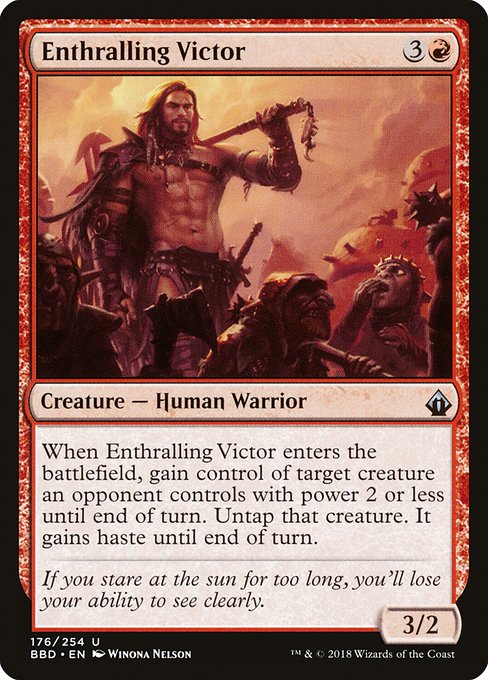
Thank you to Adrienne Reynolds, for her interplanar transcription services.
Mizz Mizzet Portrait by Andres Garcia
Delightful Readers, Please Submit Your Questions to Mizz Mizzet.
You may submit your questions to Mizz Mizzet using this form.
New Mizz Mizzet columns are posted every Wednesday right here as well as in Hipsters of the Coast‘s weekly email newsletter. You are also encouraged to follow her at @MizzMizzet on Twitter.
Any questions answered publicly will be made anonymous, and noms de plume will be created to represent any parties mentioned.
Born a perfect dragon in an imperfect multiverse, Mizz Mizzet (she/her) is the pioneer broodmother of today’s multiplanar civility movement. She is now working to persuade Planeswalkers to participate in it.
Her tireless efforts to expand the understanding and exercise of etiquette beyond the stereotypical terror of too many pieces of silverware, and whether to use poisons or explosives at celebratory conquest dinners, have not escaped official notice.
She specializes as a consultant in seating arrangements for inter and intra planar political events as long as contracts include the option to eat the rude.
Out of respect for her relative’s delicate sensibilities regarding draconic rank, she does not reside on the plane of Ravnica.

